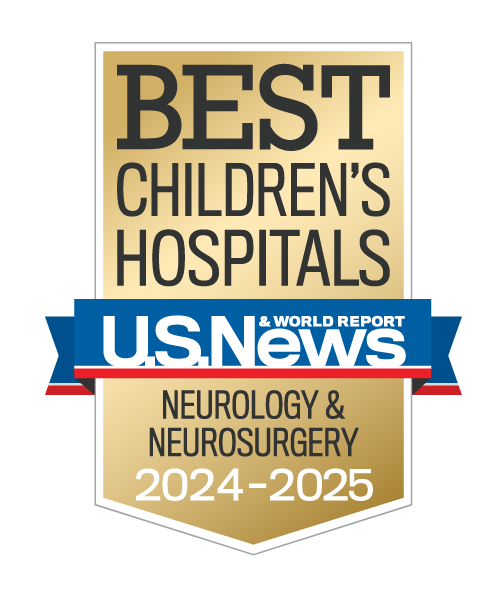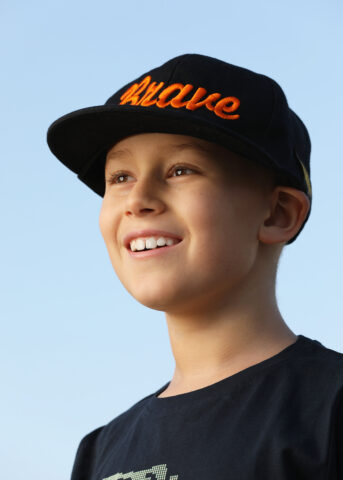By Dr. Lily Tran, pediatric neurologist and epileptologist and medical director of CHOC’s comprehensive epilepsy center

Sudden unexpected death in epilepsy (SUDEP) occurs when someone with epilepsy suddenly dies unexpectedly and the cause is not related to an accident or seizure emergency. A seizure emergency could include status epilepticus, where someone has a seizure lasting more than five minutes, or two or more seizures within a short period of time without the person returning to normal in between. Aside from epilepsy, this person is otherwise considered healthy, and no other cause of death can be found. Each year, one in 1,000 people in the U.S. die from SUDEP.
There are several risk factors for SUDEP. These include:
- Poorly controlled seizures, especially tonic-clonic seizures, characterized by a loss of consciousness and violent muscle contractions
- Seizures, especially tonic-clonic seizures, that tend to occur in sleep or at night
- Not taking medications regularly or as prescribed
- Stopping or changing medications suddenly
- Young adult age
The exact cause of SUDEP is unknown. More research is needed to understand its cause. Some research suggests that seizures lead to changes in the brain and/or heart’s ability to function, and related breathing difficulties may lead to SUDEP.
For anyone with epilepsy, the ultimate goal is always to minimize seizures as much as possible and strive to become seizure-free. There are several other things people with epilepsy can do to help prevent SUDEP, including:
- Take your anti-epileptic medications as prescribed. Do not stop medications abruptly without talking to your doctor.
- Stay healthy by eating a well-balanced diet and getting regular exercise.
- Avoid potential seizure triggers.
- Make sure your family members and/or caretakers understand seizure first-aid
Although seizure-alert devices are on the market, there is no scientific data to support the idea that these devices help prevent SUDEP. More evidence is needed to show they can accurately detect seizures and prevent SUDEP.
Get more expert health advice delivered to your inbox monthly by subscribing to the KidsHealth newsletter here.

Learn more about CHOC’s Neuroscience Institute
CHOC Hospital was named one of the nation’s best children’s hospitals by U.S. News & World Report in its 2024-25 Best Children’s Hospitals rankings and ranked in the neurology and neuroscience specialties.





